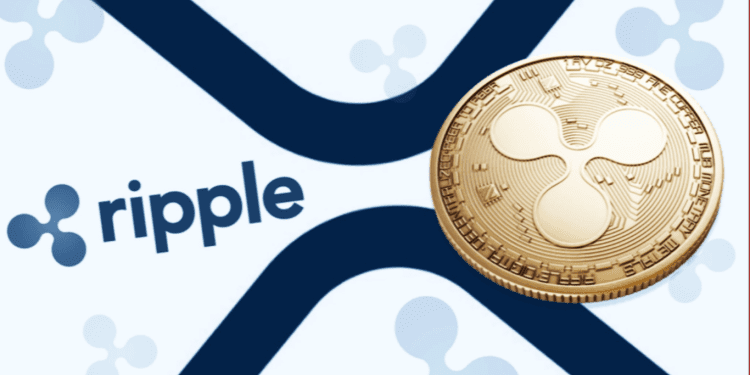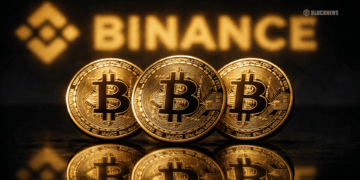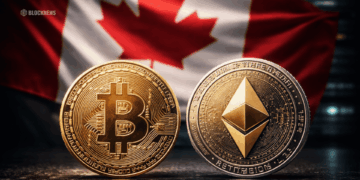- A United States district court judge has failed to pronounce himself whether the secondary sale of LBRY credits (LBC) constitutes security.
- This is an about-turn from an earlier appeal ruling where the same judge had categorically said the sale of LBC does not constitute a securities offering.
- Ripple and the customers must now wait a little longer for another hearing coming up in 2 months by another district court Judge Analisa Torres.
United States district court judge has refused to rule on if the secondary sale of LBRY Credits (LBC) constitutes security forcing Ripple and holders of XRP to wait longer.
Judge Paul Barbadoro of the U.S. District Court for the District of New Hampshire made this ruling on July 11, in the case of the United States Securities and Exchange Commission (SEC) versus the decentralised platform LBRY.
It may seem SEC is starting to have small wins in their fight against decentralised platforms, setting legal precedents and jurisprudence in the crypto world.
John Deaton, a U. S. attorney representing thousands of XRP token-holders sought clarity from Judge Barbadoro, whether indeed LBC token itself constituted a security. In a tweet, the Judge responded by declining to state whether the token is a security or not, arguing that, that particular issue was not on the table and he opted to exercise his ‘judicial constraint’.
Barbadoro said, “It suffices to say that merely holding LBC or purchasing it for consumptive purposes is insufficient to bring third parties within the purview of the [injunction].”
On the 30th of January this year, during an appeal hearing of LBRY vs. SEC case, the court pronounced itself that the sale of LBRY credits (LBC) tokens in the secondary market does not constitute a security.
For Ripple, the fight continues
Acting on behalf of tech journalist Naomi Brockwell, as amicus curiae, Lawyer Daeton had sought clarity on the issue of the secondary market during the appeal, because the earlier ruling had applied a blanket injunction on sales of the LBC token. Deaton persuaded the judge that LBC’s secondary market transactions were not securities through his technical knowledge. The judge made it clear that his order did not apply to secondary market sales, which was a piece of good news to the holders of XRP tokens.
In what Ripple was hoping to be the last nail in the coffin as far as secondary market sales are concerned, Judge Barnadoro steered himself clear of the matter.
If Judge Analisa Torres who is set to decide on the SEC’s case against Ripple in the coming month uses this particular judgement as a precedent, she may also fail to pronounce herself on the issue, which will force Ripple and XRP holders to wait even longer while providing the U.S. regulator with ammunitions against decentralised platforms and secondary markets. This will definitely not be good news for holders of XRP tokens. However, it seems activities around XRP tokens have heightened as investors wait for Judge Torres ruling. Lawyer Daeton, who is also referred to as a pro-XRP lawyer, seems upbeat that the court will make a favourable decision
It was only in January that Judge Barbadoro concluded that the secondary sale of LBC does not constitute a securities offering, now the matter has reverted back to its original position. This is a testimony to how difficult it is to legislate issues in the crypto world.














